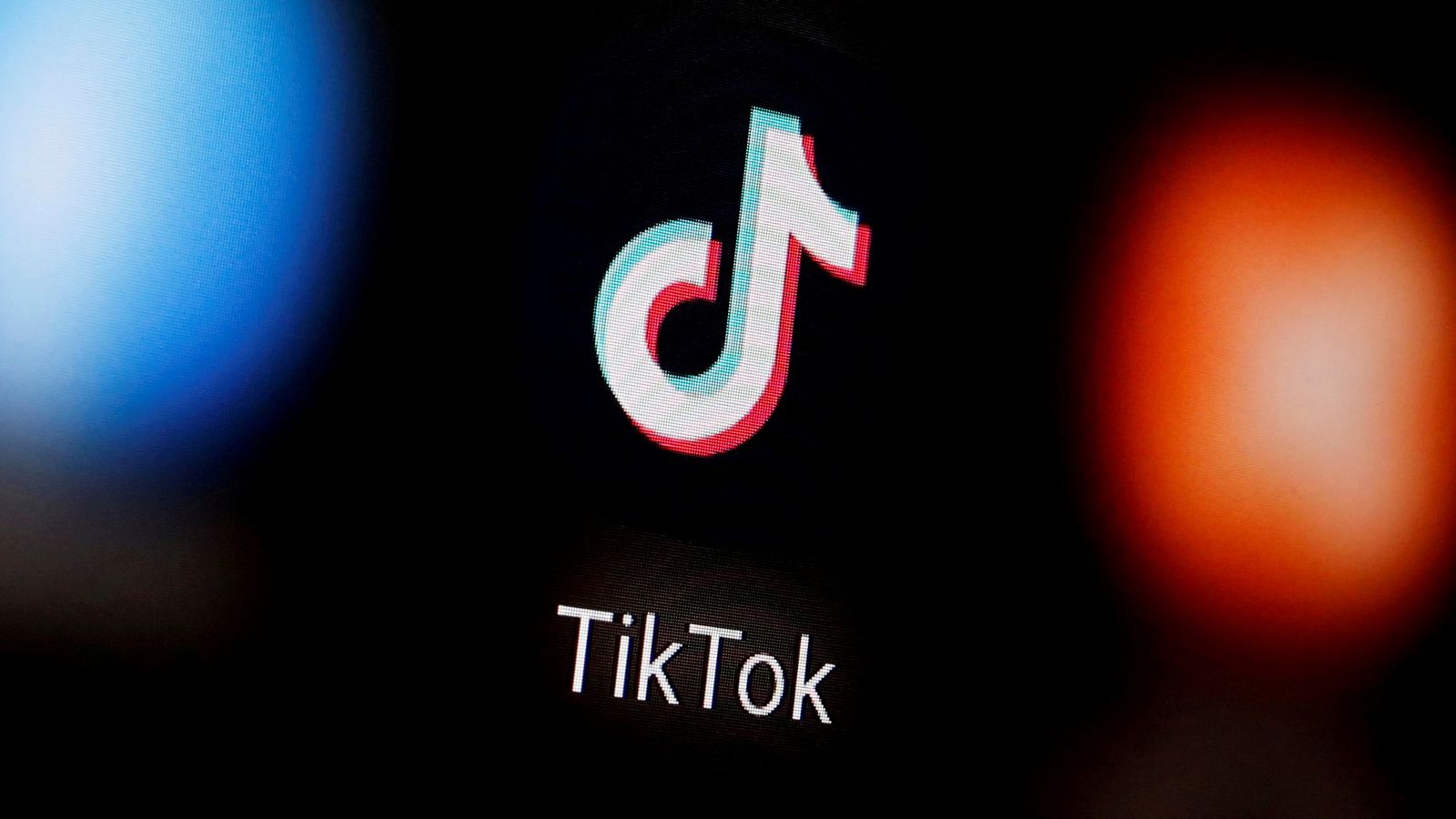TikTok’s first European data centre has gone live as the Chinese-owned company seeks to combat long-held privacy concerns.
The firm behind the popular short-form video app, which has more than a billion users, has been in the crosshairs of Western politicians who believe user information could be given to Beijing’s regime.
TikTok is owned by internet company ByteDance, which is based in the Chinese capital – and laws there compel the country’s companies to share data with the government on national security grounds.
TikTok has always rejected suggestions it would snoop on its users or hand governments any data, saying Beijing’s laws do not extend to data held abroad.
Until Tuesday, user data was only held on servers in the US and Singapore.
Its first European data centre, which is in Dublin, is a further attempt to reassure sceptical politicians.
Ireland will also host a second such hub, which is currently under construction, and another is being built in Norway.
TikTok executive Theo Bertram, the firm’s vice president of public policy in Europe, said it would create a “specially reinforced protective environment around our European user data”.
It applies not just to users in EU countries, but also to the UK and Switzerland.
Read more:
Why TikTok’s data lust is far from unique
TikTok influencer and mother jailed for double murder
Please use Chrome browser for a more accessible video player
Mr Bertram said the flow of data would be independently audited by European security firm NCC Group, which would also manage protections and report any incidents.
Data will only be accessible by “approved employees subject to strict independent oversight and verification”, he said.
NCC Group has offices in several European countries, including the UK.
Be the first to get Breaking News
Install the Sky News app for free
TikTok will hope the move neuters talk of a mainstream ban, with the app having been blocked from government devices in many countries.
Some US states have even moved to ban the app from personal devices, and a proposal to do so nationwide in the US has attracted rare cross-party support.









